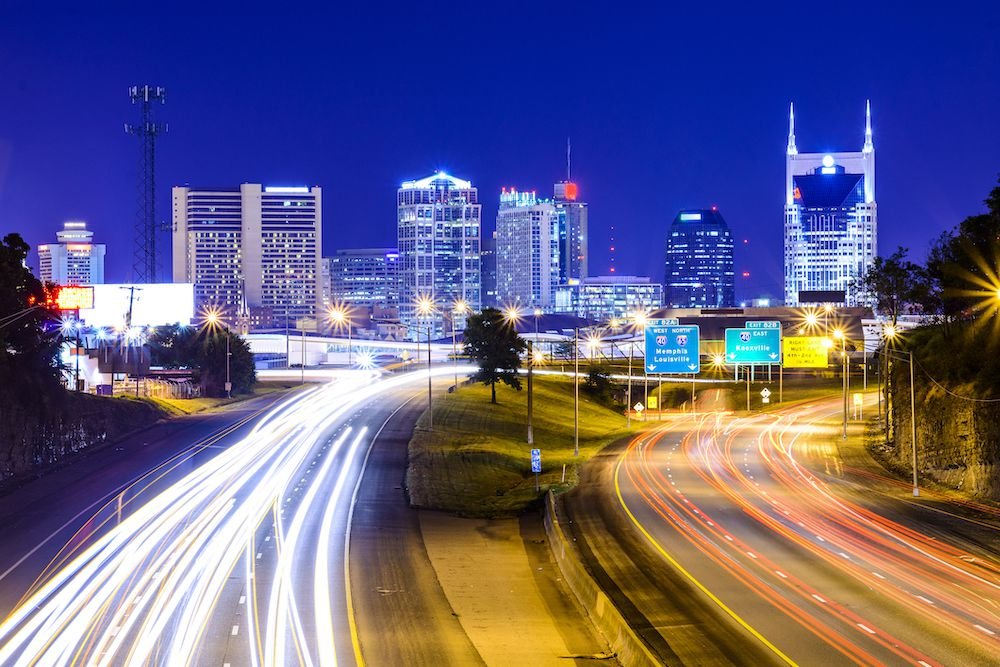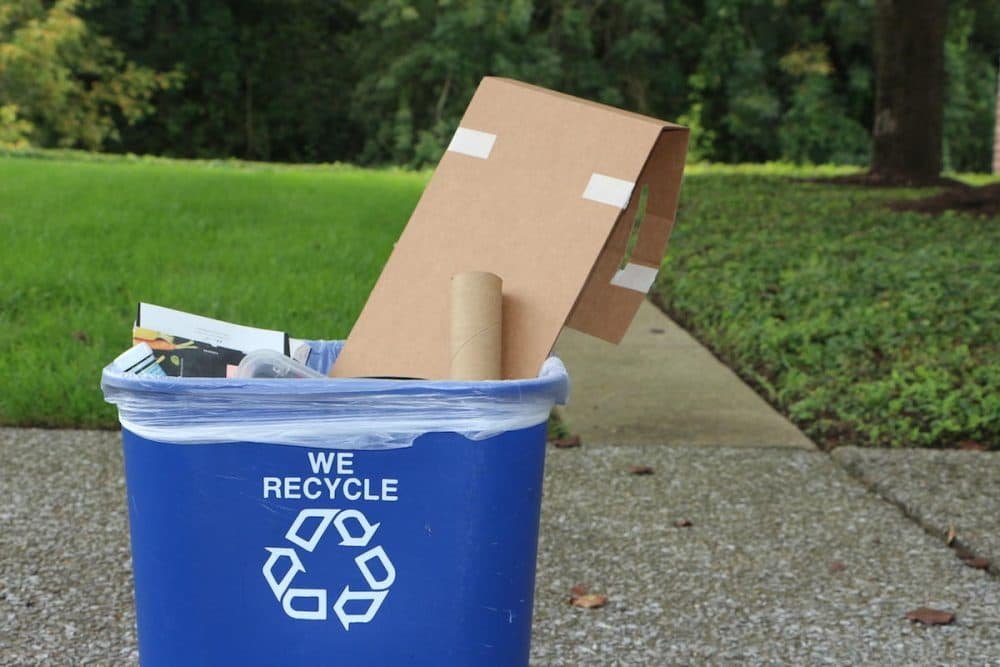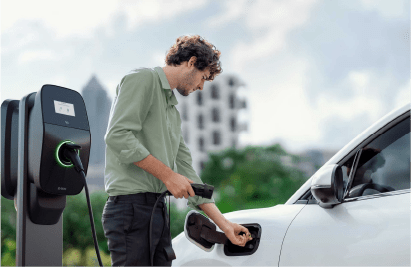
Nashville Recycles

Our Recycling Plan
Our mission is to create a comprehensive strategy for recycling through the development of a “blueprint” and “best Practices Manual” for entrepreneurs in major cities to establish their own curbside recycling and materials recovery facility (MRF) businesses. We recognize that recycling can be profitable when done locally, but the economics are not favorable for large national enterprises.
As part of this mission, we plan to establish a curbside recycling program in Nashville, TN, with potential expansion to neighboring areas. This will involve purchasing approximately 350,000 96-gallon recycling carts, 100 small collection vehicles, hiring over 100 drivers, a dispatch staff, management staff, acquiring remote drop-off collection sites, 45-53′ trash tipper trailers, 5 semi day cab tractors, and hiring 5+ Class A CDL drivers.
To handle the collection of these materials, we plan to construct a state-of-the-art materials recovery facility, which will include three separate single stream lines under one roof, in addition to dedicated construction and demolition debris, electronics/wire, rubber, and textile sorting lines. The reason for having three separate single stream lines is for evaluation purposes, with each line designed and installed by independent MRF designers. We will then operate all three lines, documenting everything possible, to determine the best performing combination of machines, which will then be incorporated into our “blueprint.”
We will also have one vacant bay available for the installation of a fourth single stream line, to integrate new technologies for evaluation as they become available. This empty bay will allow us to continue sorting operations while the new line is installed, minimizing downtime.
Unlike other MRFs, we plan to accept a wide range of recyclable materials, except for hazardous waste, including bags and film, all types of glass, clothes, styrofoam and other foam products, and even “contaminated fibers” such as greasy pizza boxes. To achieve this, we will have extra processing equipment on-site, such as polystyrene identifiers, to sort and press contaminated fibers into boards that will then be plastic laminated and used to make school desks and benches, which we will provide at no cost to schools in developing countries. Additionally, we plan to install plastic flake and pelletizing equipment, enabling us to produce high-quality plastic products that meet industry standards. For those lots that may not meet the desired quality, we will use that product in our own plastic injection moulding machines to make industrial products, such as pallets, that do not require the same purity as consumer goods.


